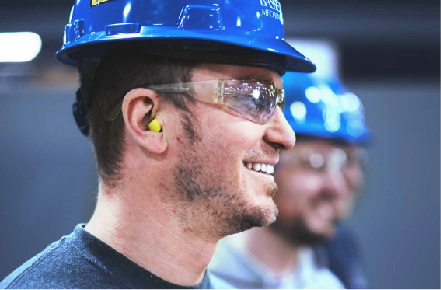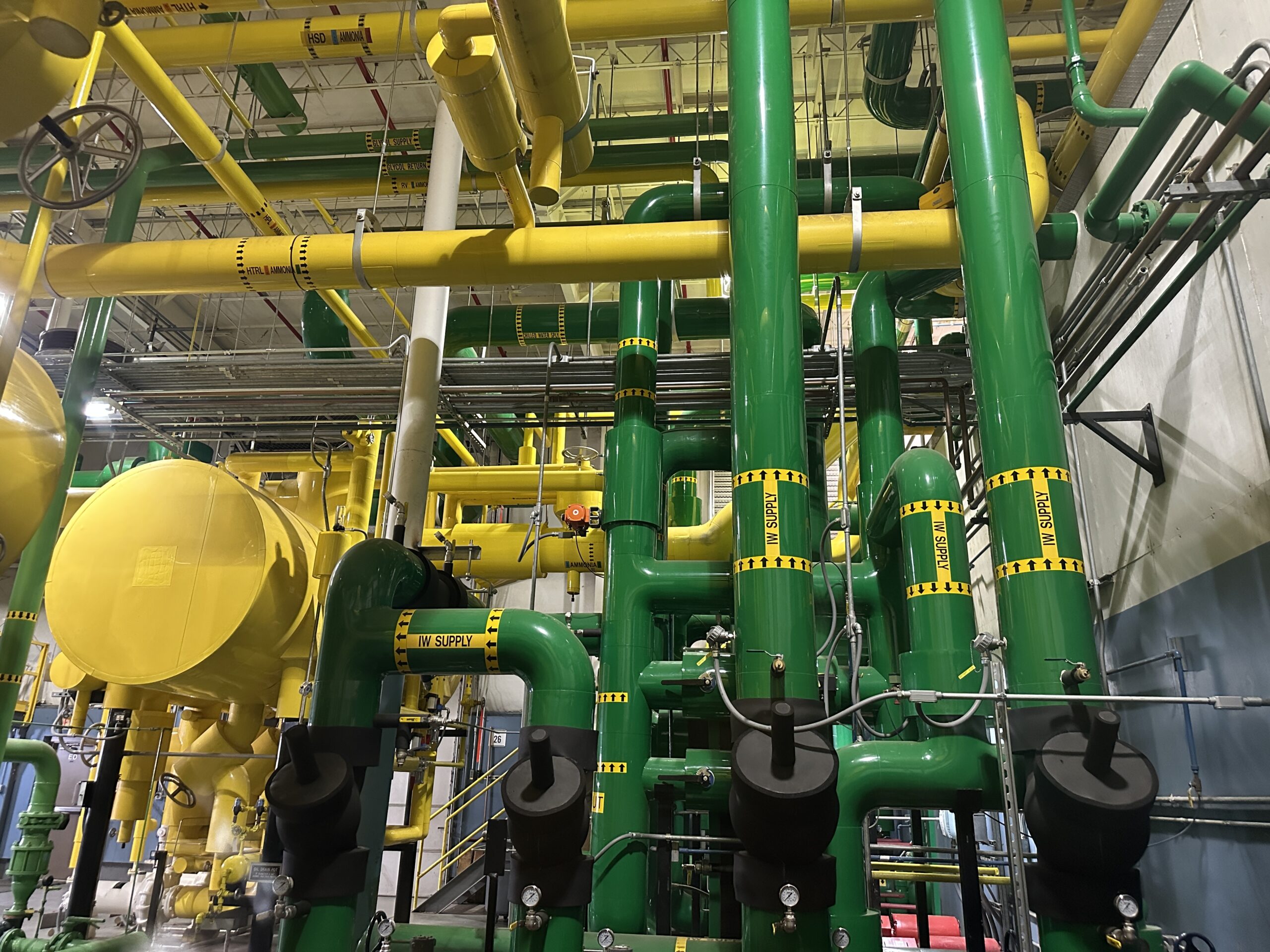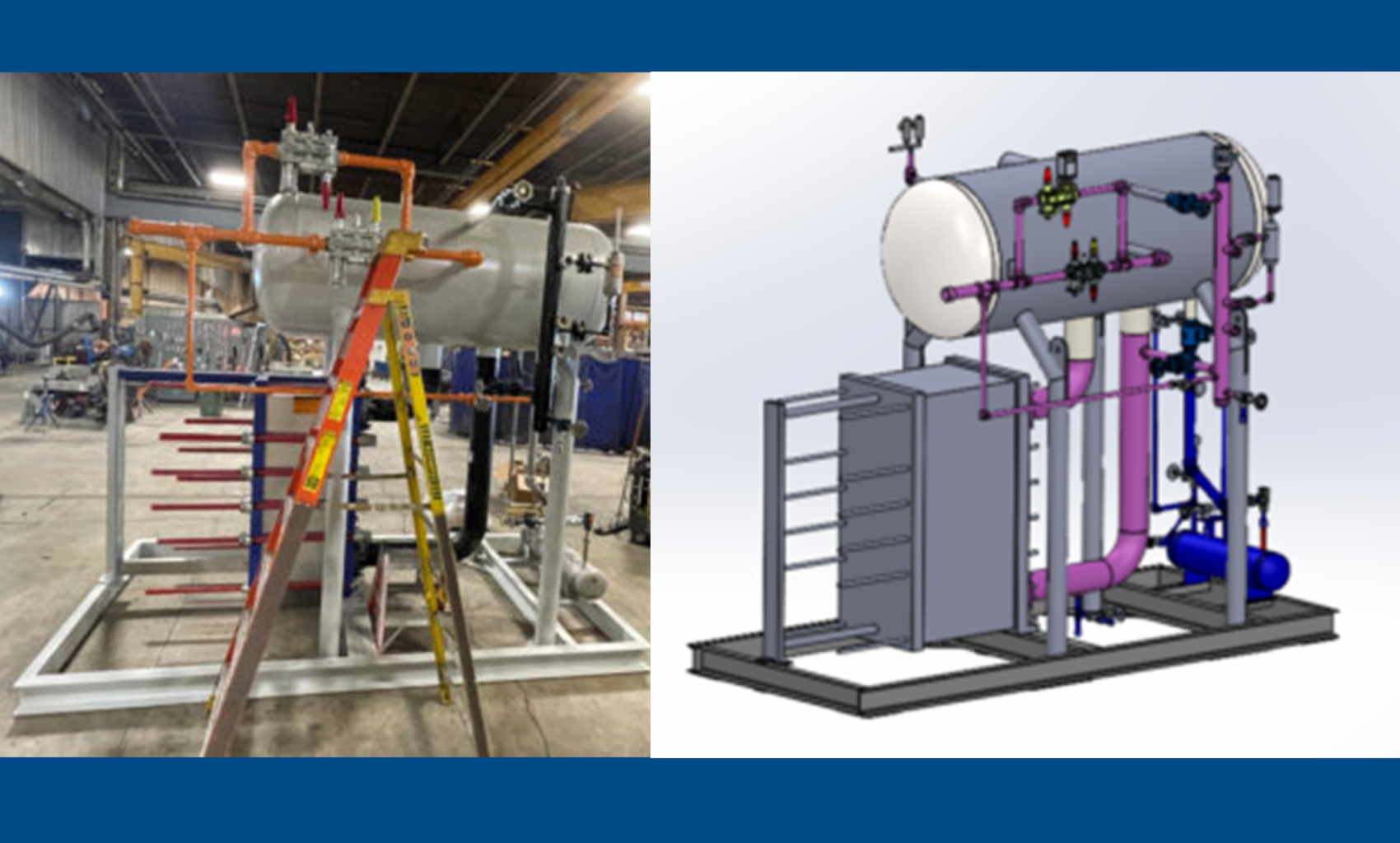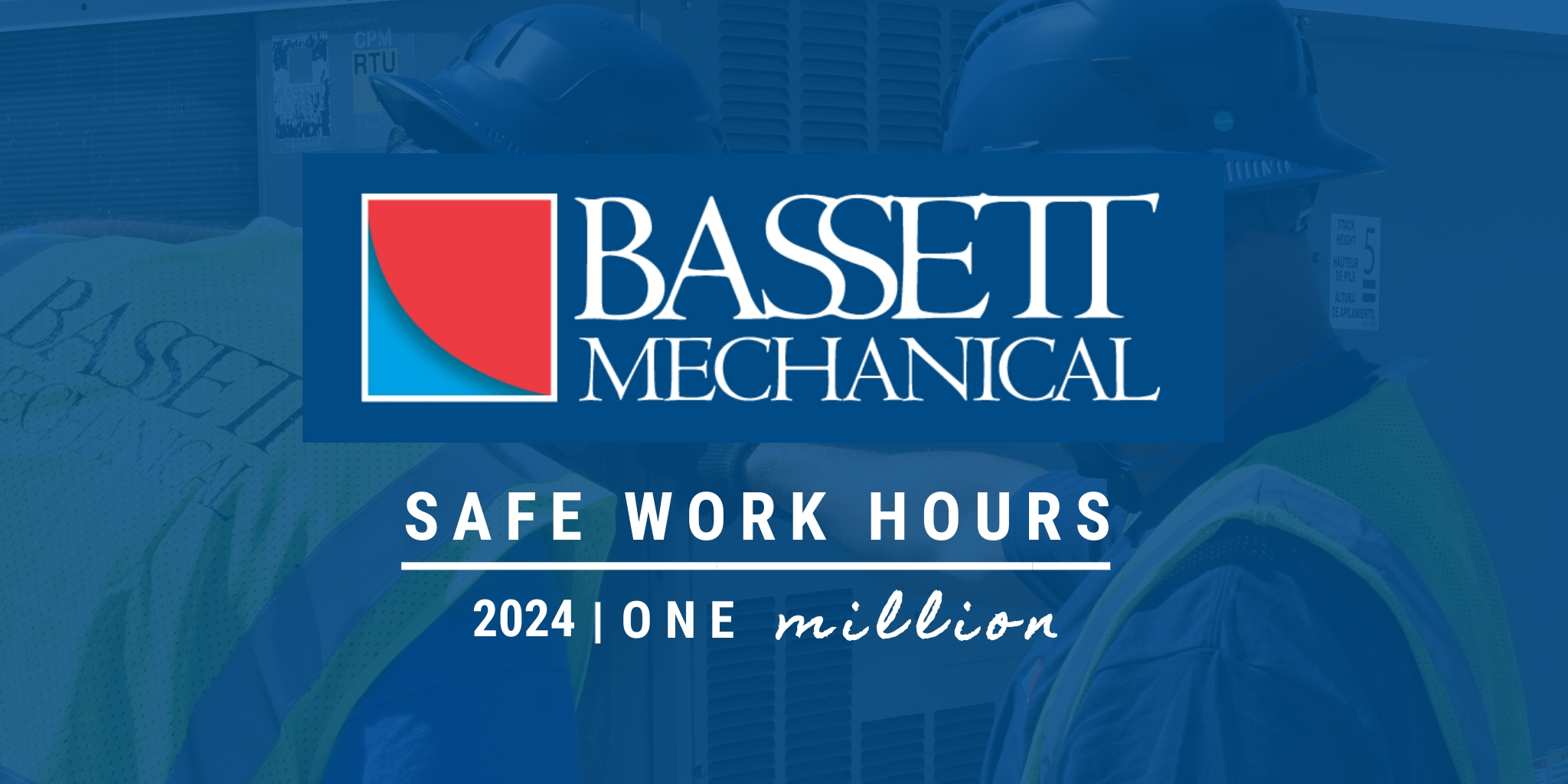Does your Mechanical Contractor have what it takes? There are three things to consider when choosing a Mechanical Contractor: safety, qualifications, and capabilities. To better serve you, we have created this series as a guide to help you identify the right Mechanical Contractors to fit your needs and get the job done right. Follow this series to make sure your Mechanical Contractor has what it takes.
We know that you are faced with decisions every day. Some have very minimal consequences and others have enormous and perhaps even fatal life-threatening consequences. As you know, choosing a Mechanical Contractor is not an easy choice and there are many important factors to consider. You know the impact that a Mechanical Contractor can have on your entire business. So, when it comes to the care of your ammonia refrigeration system are you sure your Contractor is right for the job?
When choosing a Mechanical Contractor, one qualification to consider is the certification of their service technicians. You may not consider this factor on the onset of your project, but when your ammonia project is complete you will need technicians to service and maintain your ammonia system and it is important to ensure they have the qualifications necessary to provide safe and efficient operation of your investment. As a result, you should expect your Mechanical Contractor to provide RETA certified technicians to service your equipment.
WHAT IS RETA?
The Refrigerating Engineers & Technicians Association (RETA) is a society of both companies and individuals whose mission to enhance the professional development of industrial refrigeration operating and technical engineers.
WHAT SETS RETA CERTIFICATION APART?
The certification that RETA provides is not only widely recognized in throughout the industry but the exams are accredited by ANSI (American National Standards Institute). ANSI is recognized and often highly regarded by regulatory agencies such as EPA and OSHA in the establishment and maintenance of the highest industrial and safety benchmarks. ANSI also ensures that the RETA certification standards are being met, tested, and validated to continually guard the integrity of the certification. As an ANSI accredited organization, RETA testing and programs will remain meaningful and protected.
To become certified, technicians are required to demonstrate the meaning of the principles of ammonia refrigeration as well show a conceptual understanding of RETA materials and standards. RETA testing focuses on both practice and knowledge including real-world scenarios to allow technicians to not only troubleshoot and verify operation of systems, but also to demonstrate knowledge of applicable codes and standards. “When a person passes this test,” says Harold Streicher, past RETA National President and current RETA Chicago chapter member, “it really means something. The exam questions are routinely validated through an independent review process and the results are measured through advanced psychometrics to ensure that the certification is truly representative of the person’s understanding. That’s why this certification carries so much weight.” Continuing education is also required in order to maintain certification ensuring the most up-to-date and in-depth knowledge are being passed to certified technicians on an ongoing basis.
RETA is the only ANSI accredited certification for industrial refrigeration in the world. “If two guys are walking up to a building, one with a CARO patch and the other without…I would be more likely to invite the guy with the CARO patch in. The knowledge they acquire through the certification is that important” says Streicher.
OSHA and EPA require contractors to prove that the technicians working on their equipment are knowledgeable and capable of safely maintaining their system. OSHA and EPA recognize RETA certification as a valid and best practice certification.
WHAT CERTIFICATION SHOULD I BE CHECKING FOR?
Technicians can either be CARO (Certified Assistant Refrigeration Operator) or CIRO (Certified Industrial Refrigeration Operator) Certified. CARO is the level one program that allows the certified technician to operate under guidance in industrial refrigeration. This test alone is 110 questions and estimates 3 hours to complete. CIRO is the level two certification which assures expertise in applied refrigeration systems including more advanced operations and troubleshooting. CIRO certification also requires at least two years of industrial refrigeration operator experience. This test also takes approximately 3 hours to complete and has 135 questions.
WHAT IF MY TECHNICIANS AREN’T CERTIFIED?
“Safety is the core issue here,” says Mark Stencel, Director of Business Development at Bassett Mechanical, “you don’t want someone untrained misinterpreting a machine interface or turning valves on your ammonia refrigeration system.” Ammonia can be safely operated, but you need to have a technician who has advanced ammonia refrigeration knowledge. Eric Girven, current RETA National President and NEPA Chapter officer, says as a manager it’s important that his employees and service technicians are RETA certified to ensure the safest operation of the system. “Some technicians don’t have the skillset or experience to safely operate an ammonia, CO2 or combination system,” says Girven. He also indicates “The risk is unknown. You may have two technicians with very similar experiences and skills, but a RETA certified technician has demonstrated the understanding and proven that he or she has the knowledge and background to make safe decisions”.
While safe operation of your system and documented proof of technician knowledge for your PSM program as required by OSHA and EPA are top priorities, investing in certified technicians will also help you gain operating efficiencies. Trained technicians know what to look for in your system and can suggest potential improvements that can reduce the risk of a breakdown and minimize downtime.
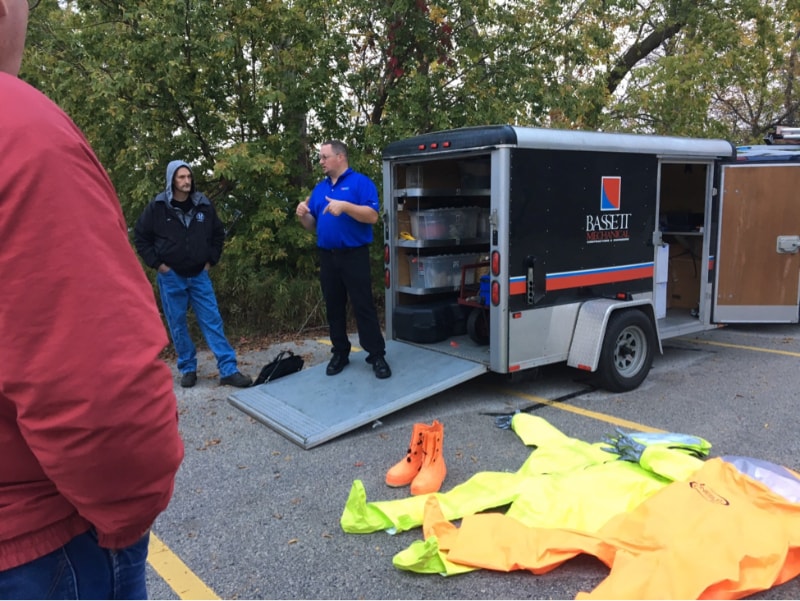
“The vast majority of large companies make sure that their service techs are RETA Certified. They’ve grown and learned the value of having knowledgeable people working on their systems. They know through experience that it’s worth investing in their system” says Stencel.
BEYOND CERTIFICATION
Beyond ensuring your Mechanical Contractor has RETA certified technicians, a Mechanical Contractor should also be able to provide training for the operators at your facility. Operators should have an in-depth knowledge of your system and know when to call a contractor to help prevent any accidents or leaks. As a benefit to our customers, Bassett not only provides training but can also provide a level of training that can be counted for personal development hours for those operators at your facilities who are CIRO certified. Choosing a Mechanical Contractor who can provide this type of training for your facility is an invaluable resource.
“As a customer, you can feel confident knowing that your technician has a true understanding of the concepts and will help make you aware of safety opportunities in the context of the refrigeration world.” says Streicher, “It’s powerful to know that those concepts are covered in the certification program”. The power is yours to ensure your ammonia refrigeration system is getting the best care possible. Can your Mechanical Contractor provide this type of safe operation and knowledge to your facility?

